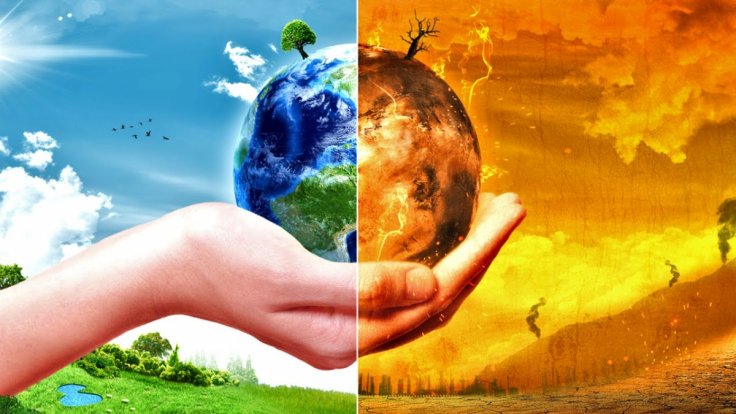
The increased levels of heat are bound to worsen health and economic conditions of people who work outside or do not have air-conditioned surroundings. The countries that will have a major impact due to this climate change are southeastern US, the Amazon, western and central Africa, the Arabian peninsula and northern and eastern China.
"The conditions we're talking about basically never occur now – people in most places have never experienced them. But they're projected to occur close to the end of the century," says Ethan Coffel, a graduate student of Columbia University's Lamont-Doherty Earth Observatory and the study's lead author.
The study, published in the journal Environmental Research Letters, states that the rising levels of heat and humidity will cause major heat strokes and sunburns. "Lots of people would crumble well before you reach wet-bulb temperatures of 32 C, or anything close," said study co-author Radley Horton, a climate scientist at Columbia University's Lamont-Doherty Earth Observatory."
The adverse consequences of this phenomenon will be faced mainly by the northeastern states of India as they are densely populated and already have high humidity. According to Horton, the results of this could be "transformative" in the fields of "economy, agriculture, military and recreation."

The study gives an ominous warning that some regions in India might hit the 35 wet-bulb degrees Celsius humidity measure in a few years, which is equal to the skin temperature of human beings. This would mean that people would die in a few hours if they artificially cool their bodies.
"You rapidly approach a situation where it's thermodynamically impossible to keep your body cool," Horton told VICE News. It should be noted that a 30 wet-bulb degrees Celsius heatwave in India's southeastern state Andhra Pradesh led to the deaths of more than 2,500 people.
This issue of global warming has emerged as a vicious cycle where people resort to artificial methods of cooling such as air-conditioned homes and vehicles. These in turn again lead to environmental pollution and release of greenhouse gases, which further increase the temperature. It remains to be seen if the human race can find a long-lasting way to deal with the looming issue of climate change.








